Jelleff Boys and Girls Club has been operating in Georgetown since 1955, but branch director Shawn Osborn said it has grown exponentially in the past few years as parents tell each other of the free after-school care available, and students bring their friends.
One hundred fifty kids pile through the doors most evenings, greeted by staff who ask about their days. Osborn calls these “dinner table conversations” that they might not be able to get at home as their parents work late. He showed me around the building, its bright yellow walls adorned by signs like “Be a buddy, not a bully” and trophy cabinets filled with past students’ achievements, including branch director Bob Stowers playing basketball at Jelleff back in 1963.
However, the exponential growth of Jelleff Boys and Girls Club is now making it harder to find a temporary new home for the after-school club.
The old building is getting completely replaced – an additional half-sized gym, common atrium area, workout room, and locker facilities will be added. Back in 2018 the renovation proposed was just to make 1950s building ADA compliant with a $7 million budget, that budget has now increased to $28 million for a full replacement, and construction is expected to be finished in 2026.
When demolition begins, the Boys and Girls Club is left scrambling to find an option to continue to serve the kids. “The gap that would happen if there’s no Jelleff services would be devastating to this community. It would be a great challenge to the parents who need to work; who need a safe place for their kids to go,” said Osborn.
Senior Communications Director of the Boys and Girls Club for Greater Washington Robert Anderson said they are currently looking at 3-4 possibilities to determine if they’d be a good space to house the club for two years while construction takes place.
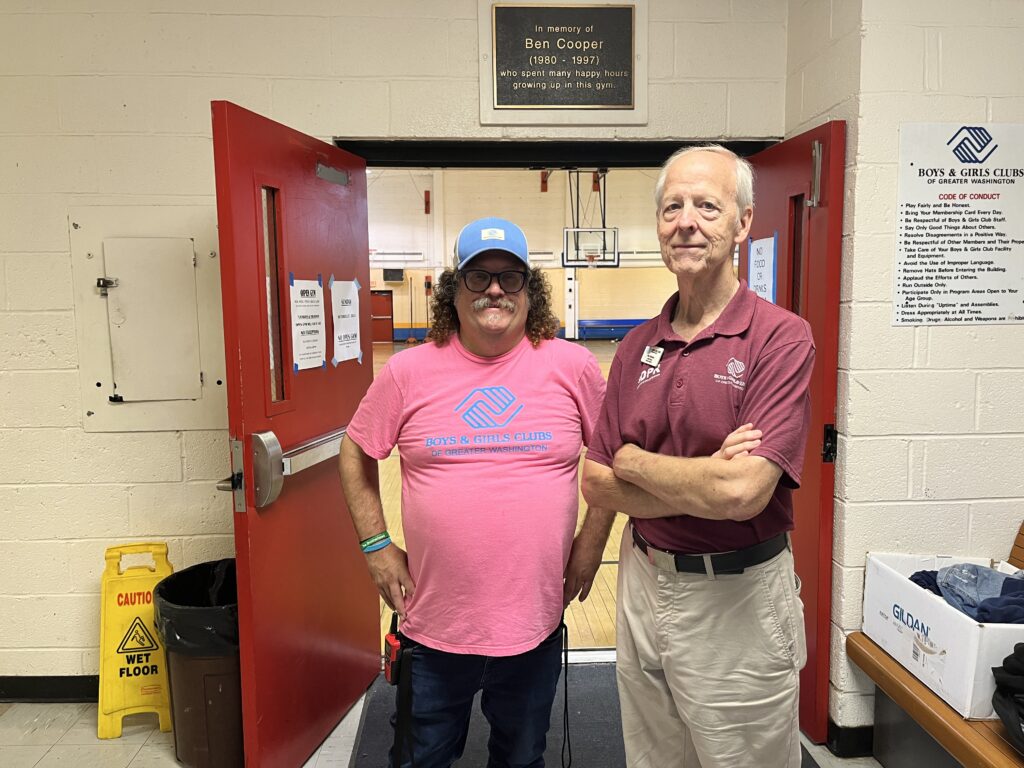
The Department for Parks and Recreation isn’t required to provide an alternative during the renovations. Kishan Putta, ANC Commissioner for Georgetown speaking at a Sept. 30 meeting, said it should be.
Stead Park Recreation Center and the Arboretum Community Center both closed for a year without an alternative. But, those centers did not provide free after-school care for a hundred working families. A DPR spokesperson said, “We proactively engage the community and invite patrons to utilize nearby alternatives; in this case, both Guy Mason and Volta Park centers are within a mile of Jelleff Community Center.”
Putta told The Wash, “When the facility closes, sure kids could go to other places. But are they offering those spaces for the Jelleff after-school program?” Volta Park doesn’t have much space and Guy Mason already has popular programming, so may not be able to accommodate the Jelleff students, he said.
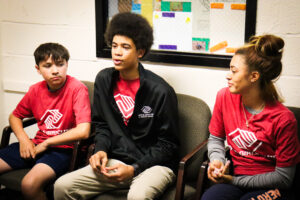
Jelleff is one of the Boys and Girls highest attended clubs, said Anderson, engaging with 1500 children from all eight wards over the course of a year. “These working families, a lot of them can’t afford aftercare programs. They definitely can’t afford it till 8 pm,” said Putta.
This latest uncertainty comes after Jelleff had to campaign to keep its funding over the summer. The original council budget had cut the Jelleff program while the renovations took place, but the community and Councilmember Brooke Pinto came together and within a week the funding was restored. “The club didn’t close, so we kept going. Everything has been smooth sailing, and right now it’s just a matter of finding a good operating system for us to be able to transition into,” Anderson said.
Not just a place to go, a place to find enrichment
Jelleff Boys and Girls Club provides a huge range of programs and facilities. In addition to the popular basketball league and rec room, complete with video games, table football, and pool, Osborn finds innovative ways to educate and engage the kids, such as “elite gaming live,” where the students learn about careers in e-sports. Osborn calls this “high yield learning,” taking something the students already like, such as video games, and moving it to the next level.
When I arrived, it was “power hour” where students get their homework done with the support of tutors. As we entered one of the younger grades’ classrooms the kids were excitedly talking, but Osborn explained to them the importance of homework – “School is like your job, and Jelleff is extra” – it was clear none of the students wanted to lose the extra as the room fell quiet with focus.

Tim Weedon executive director of Tech Turn Up, an outside vendor at Jelleff, has been running a STEAM program engaging students around technology and art for three years at the Boys and Girls Club. “I’ve seen the various changes in growth in young people and having empathy and understanding of other cultures as well,” said Weedon.
He’s seen students go on to do competitions or even study abroad. He’s also seen lots of students return to Jelleff to volunteer, running programs they’ve gone through or supporting at summer camps. Weedon told The Wash, “Kids who may have aged out, but they still come back because there is that nostalgia. It’s a really safe place to be for a lot of them.”
Anderson explained that these programs for kids aged five to 18 don’t come cheap. While a parent will pay just $50 for the entire year, it costs the Boys and Girls Club $1500 per child. “So we’ve got to figure out how to make up that difference, and that’s part of where the community comes in,” Anderson said.
“If Jelleff’s gone, where do the kids go?”
Putta told The Wash, “A lot of the public safety issues we’ve had in our city in the recent past and in the present are driven by youth not having enough productive options and enough people looking out for them in our city.” He described Jelleff’s after-school program as invaluable, citing its great track record.
“There’s a sad, unfortunate precedent when you shut down a program like this, even if it’s temporary, that type of dislocation can send people off in directions,” he said. “A lot of the more vulnerable members of our society. If we turn our backs on them, even for a year, you might never get them back on track.”
Osborn had similar concerns, mentioning the COVID-19 pandemic and the period when Jelleff had to close, which meant more kids were on the streets without direction. “It takes a village to raise a kid so Jelleff is an important part of the Georgetown village,” said Osborn.
Anderson, however, is confident, “it’s going to keep going. We’re just going to do it in a different place,” he said.
Putta plans to set up a task force, working alongside Glover Park ANC, home to many of the schools where Jelleff students come from. He’s also been communicating with Councilmember Pinto’s office, which didn’t respond to my request for comment.
The last Putta heard Hardy Middle School had offered some space but it wasn’t big enough to accommodate all the children, and the reasonably small staff team at Jelleff would make it harder to run if the program was split across multiple locations. He said he would check in with the Jelleff team, “because we are worried about the kids.”

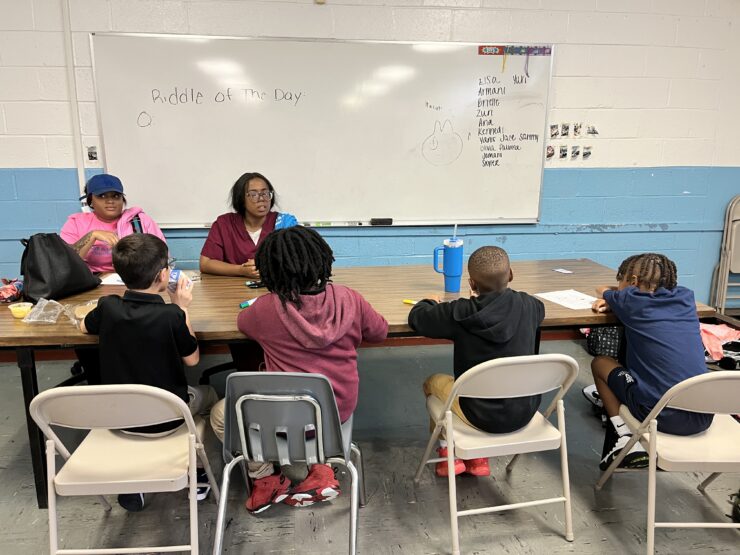
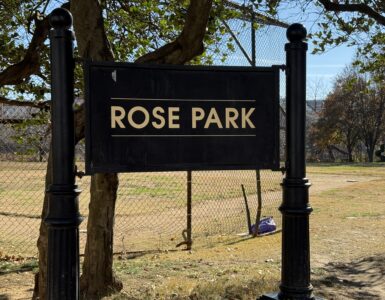
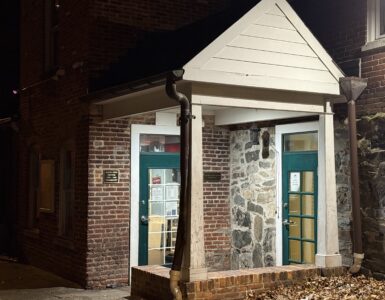
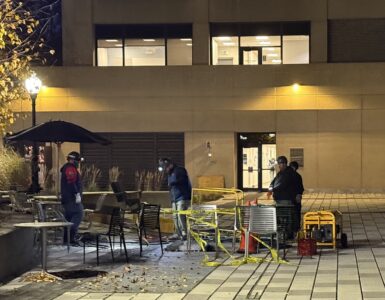










Add comment